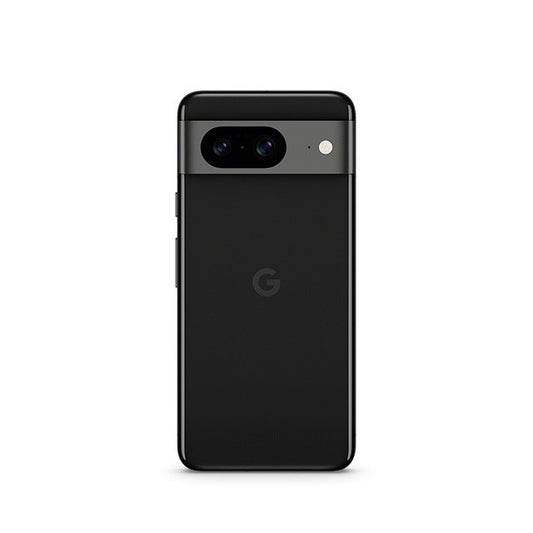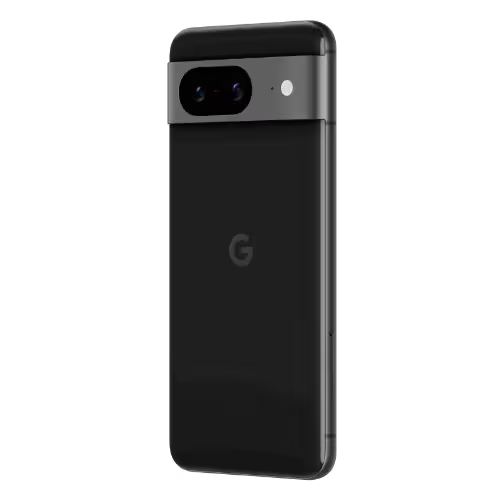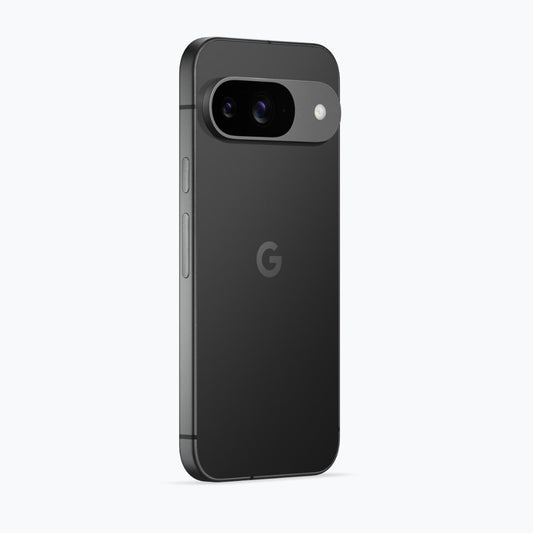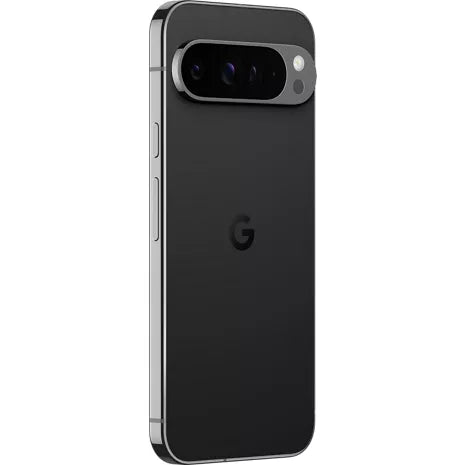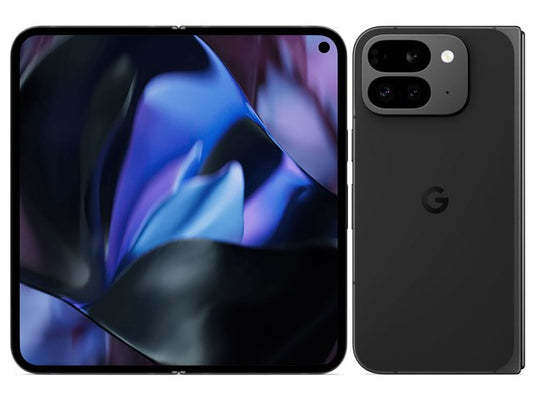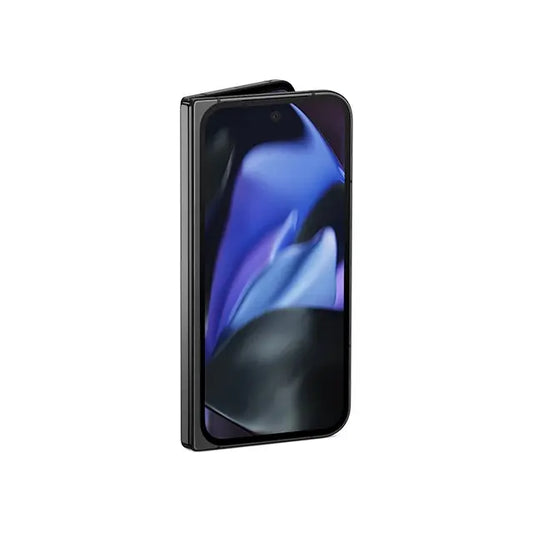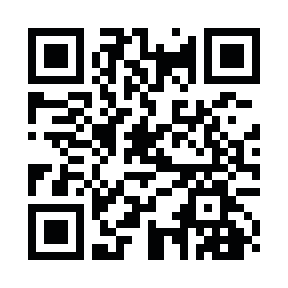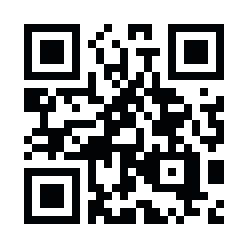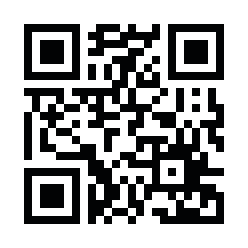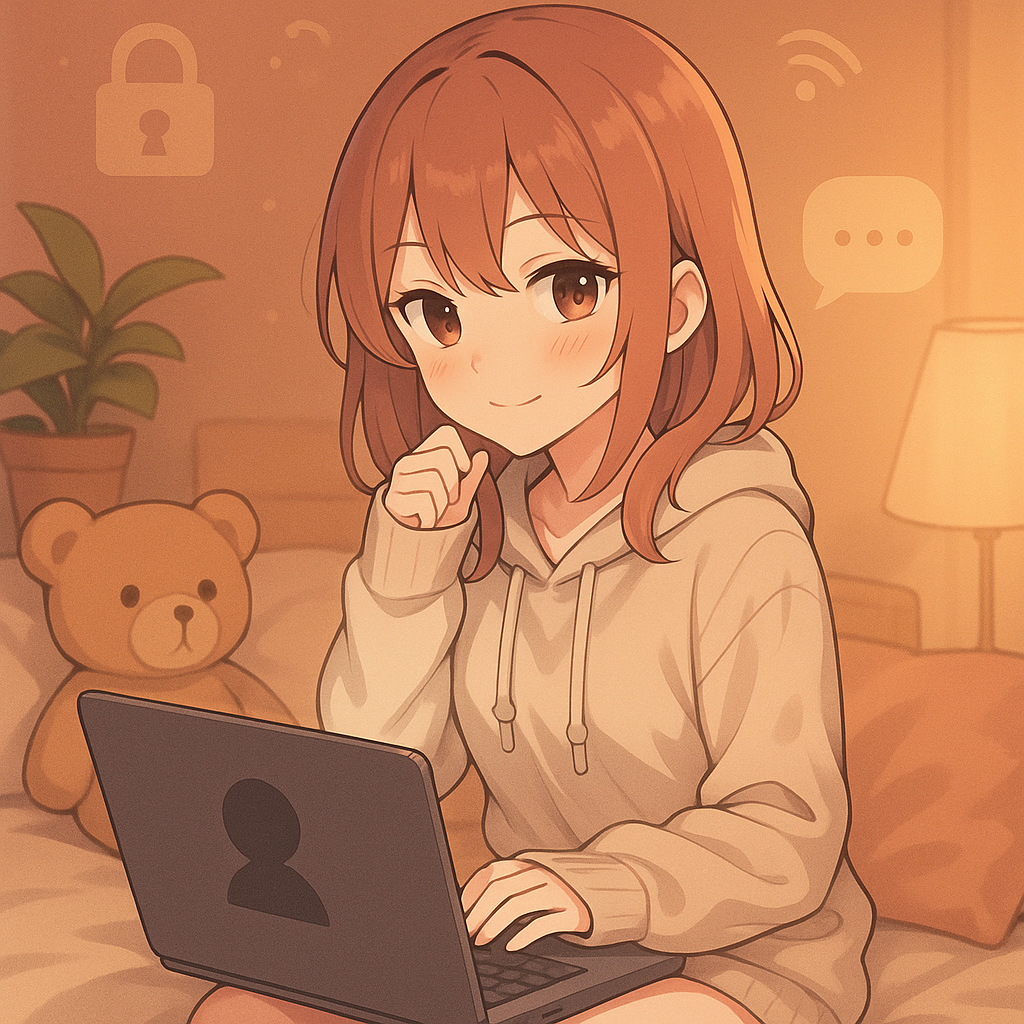
Anonymous communication is protected by the constitution. Both your silence and your speech are free.
Article 21 of the Constitution of Japan protects "freedom of expression" and "secrecy of communication."
This sentence might make you a little sleepy in textbooks, but basically it means "it is your freedom to decide what to communicate to whom."
And of course, this includes the "freedom to communicate anonymously." Expressing opinions without giving your name, creating anonymous SNS accounts to tweet, chatting anonymously
are all legal.
Of course, that does not mean you can say anything you want.
Defamation, threats, fraud, etc., are not allowed even if anonymous.
Anonymous communication is not a get-out-of-jail-free card; please think of it as the "freedom to hide your nameplate."
Still, some people in Japan have the image that "anonymous = suspicious."
This is because some manners violations and malicious posts are widely reported in the news. But originally, anonymity is not a suspicious veil; rather, it is deeply rooted in Japanese culture.
It has long been common for Edo-period playwrights to use pen names and for people to write opinions anonymously in newspaper letters to the editor.
Streamers who do not show their faces and manga artists who work under nicknames are the same.
Because anonymity exists, people can speak their true feelings.
Things that are hard to say with your real name, such as points for company improvement, opinions on politics, or dissatisfaction with how the local supermarket folds plastic bags, can be safely expressed anonymously.
However, unlike old letters, modern internet technology can track senders. Digital footprints such as IP addresses and device identification numbers tend to remain surprisingly easily.
That is why tools that do not leave such footprints are necessary to properly use anonymous communication as a right.
Enter AntiSpyPhone.
It stops unnecessary communication, protects device identification information, and does not allow unauthorized tracking.
In other words, it is a smartphone that makes the constitutional right to "remain anonymous" a reality.
Being anonymous is not about sneaking around.
It is about boldly hiding your name.
Your silence and your true feelings are important freedoms that should be properly protected.
That is why today, too, I am writing this article under a nickname.
